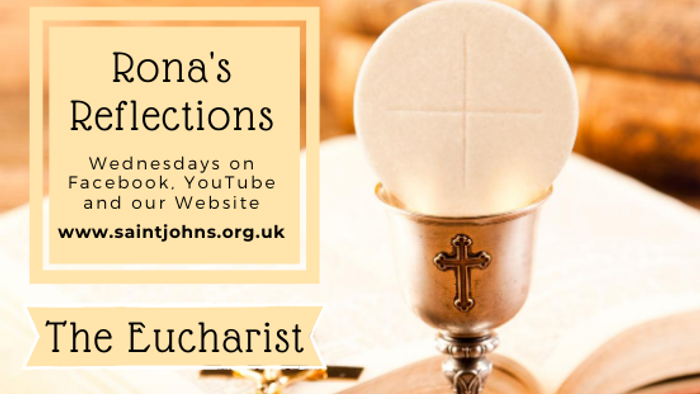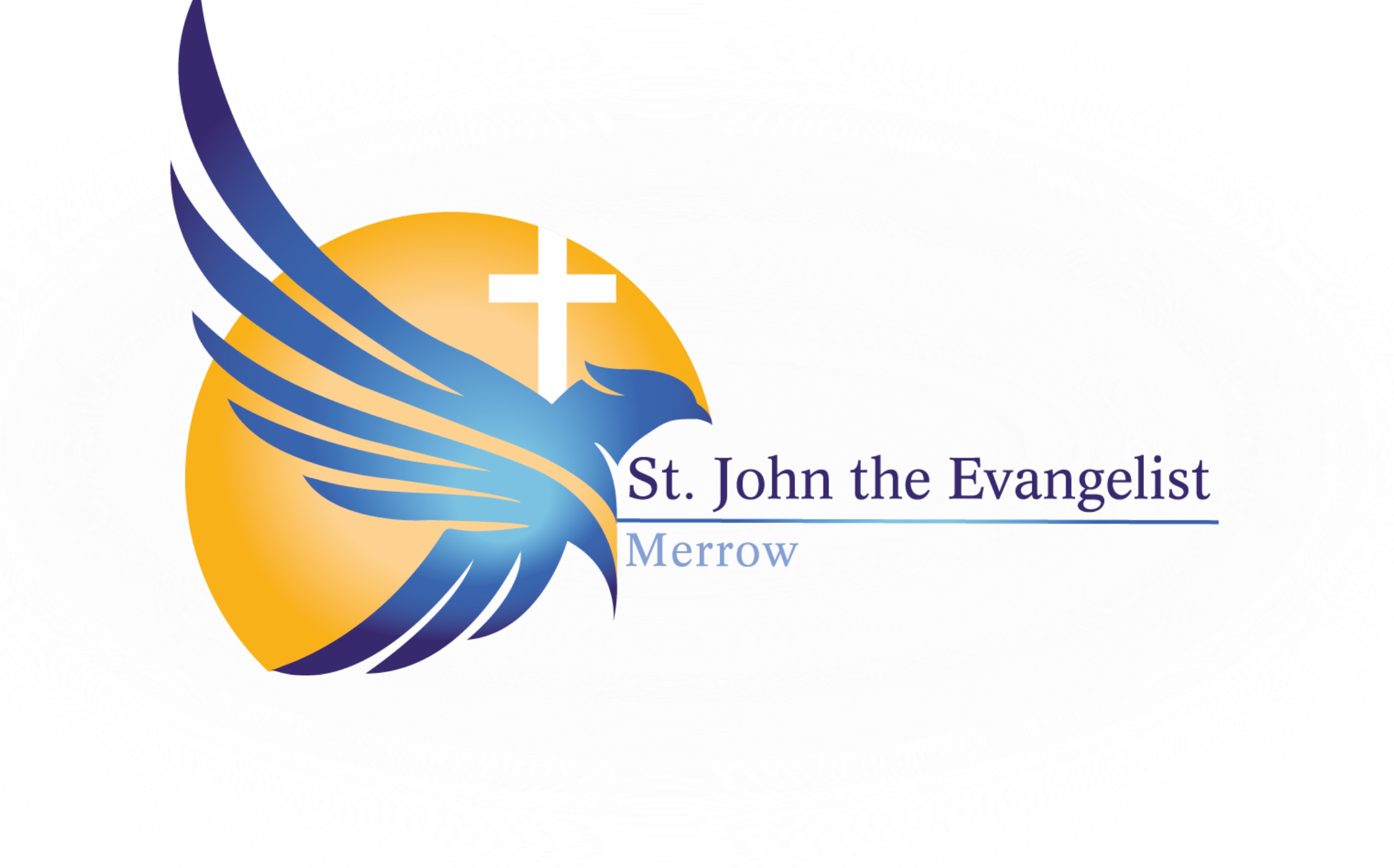02/07/2024 0 Comments
"This is my body broken for you"
"This is my body broken for you"
# Reflections

"This is my body broken for you"
The reflection begins with prayer and response:
I am the bread of life, anyone who comes to me shall not hunger, anyone who believes in me shall never thirst.
Alleluia. Lord, give us this bread always.
The bread of God comes down from heaven, and gives life to the world.
Alleluia. Lord, give us this bread always.
Anyone who eats my flesh and drinks my blood has eternal life And I will raise him up on the last day.
Alleluia. Lord, give us this bread always.
It is the spirit that gives life; the flesh is of no avail. the words I speak, they are spirit and they are life.
Alleluia. Lord, give us this bread always.
Walk with us, Lord, Along the road of resurrection! Explain for us, so slow to believe, the things that scripture says of you. Break the bread of the Eucharist with us whenever we share our lives with our brothers and sisters. Stay with us each time night approaches and the daylight fades in our hearts.
Amen.
You are invited to recall any meals which have had a particular significance for you and to reflect on why they were important and what made them special. The reading from Paul’s first letter to the Corinthians chapter 11, verses 23-28 contains the deeply significant phrase ‘This is my body that is for you. Do this in remembrance of me.’
There is a powerful and significant image of Jesus’ broken body being cradled by his mother Mary, depicted in the Pieta. To fully participate in the Eucharist, we first need to recognise our broken-ness, before we can be made whole again.
Simon Jones reflects on the act of re-membrance as part of the Eucharist:
‘In a society that values bodily perfection, the invitation to break bread to remember a broken man is deeply countercultural. But this is precisely what Christians do every time they celebrate the Eucharist together. At the Last Supper, the bread that Jesus takes is broken so that it can be shared among the disciples. This simple, everyday act of breaking bread is not just a practical necessity to enable a group of first-century Jews to share food among themselves. Much more significantly, it points forward to the death by which Christ brings salvation to the world, and provides the means by which his followers will remember that death for generations to come. ‘Do this in remembrance of me’ (1 Corinthians 11.24).
The celebration of Holy Communion is an act of the Church. We declare and remember the saving acts of God. It is something we do together – we are the priestly people of God. It is something that requires the presidency of an ordained minister – because the ordained minister, acting as it were as the representative of Christ, brings the universal to the local. The priest ensures that the service we offer is not just our private celebration but the one sacrifice of praise of the one, holy, catholic and apostolic Church of Jesus Christ.
As we sift through our memories of past events and people we have known it is easy to be forgetful or to become confused about some of the details. But then, prompted by something or someone, we can be reminded of them again. The Eucharist is different. We were not present at the Last Supper, nor did we stand with Mary and John at the foot of the cross. We’re therefore not remembering something that we witnessed for ourselves at first hand. Despite this obvious fact, Christians believe that at the Eucharist we remember Jesus and as we do so, experience his presence among us.
This remembering is much more profound than being reminded of a happy or sad event from our past, like a favourite holiday or the end of a relationship. At the Eucharist, the memorial of Christ’s death and resurrection is made possible through the transforming power of the Holy Spirit.
The Spirit doesn’t just remind us that Christ died and was raised on the third day, but enables us to be transformed again and again by the events of Good Friday and Easter. In this way we become more fully the people God calls us to be. Those who through baptism have died to sin and been raised to new life with Christ (see Romans 6.5-11) experience this transformation again and again as the Eucharist is celebrated together, as members of the Church, which Paul describes as the body of Christ. (See 1 Corinthians 12.27).’
Concluding prayers
The cup of blessing that we bless,
is it not a sharing in the blood of Christ?
The bread that we break,
is it not a sharing in the body of Christ?
Because there is one bread,
we who are many are one body,
for we all partake of the one bread.
(1 Corinthians 10. 16-17)
Merciful God
You have called us to your table
Generous God
You have fed us with the bread of life
Abundant God
Draw us and all people to the service of your Son;
And send us out to bring your peace and goodness to the world.
Amen.
Let us close with the Lord’s prayer as our Father taught us.
With blessings
Rev. Rona


Comments